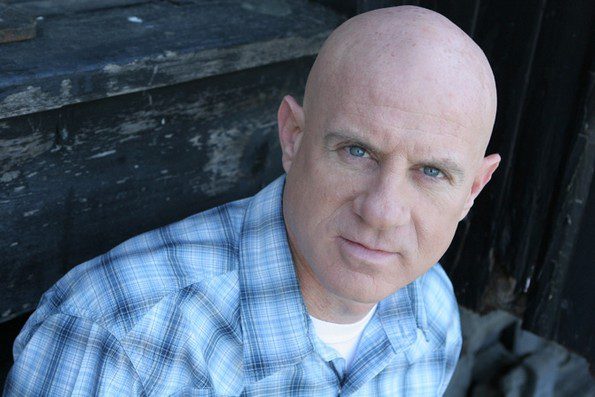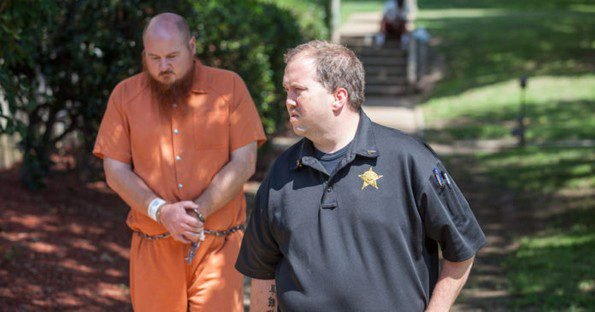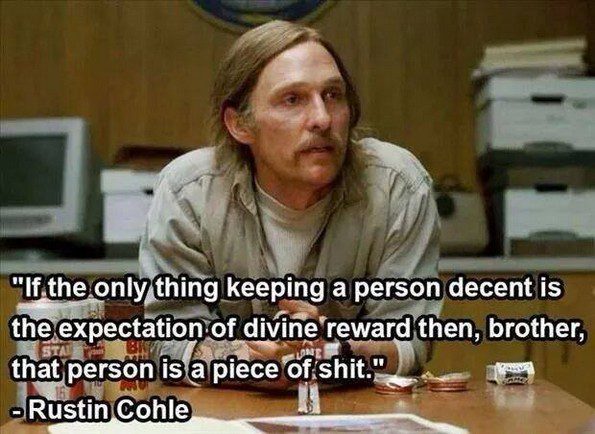
Guest post by Kindred Spirits
Preface-Truth is a Pathless Land
I was raised in a mainline church, but became an agnostic (de facto atheist) about 1980 (and continue to be agnostic). I had thought you either believed it like the fundamentalists, or religion-lite with the same supernatural god but kinder/gentler somehow, or you didn’t believe it at all. Or maybe switch to a different religion, but with the same choice of fundamentalist/literalist, or somehow kinder/gentler with a little less supernatural. I never realized there were any other choices. And so I rejected church and organized religion. And after about 5+ years of trying to debate/discuss religion with other people, and realizing that I heard all the same weak arguments, and never learned anything new myself, and never persuaded anyone to change their mind, I essentially ignored religion for decades, other than that part which influenced politics.
Starting about 2002-2003, I began to realize that there was a shit storm of epic proportions brewing between the war-mongering, the housing bubble, peak oil production, and all the subsidiary problems these would bring. Since then, I’ve been researching various topics to deal with this storm, from homesteading to spirituality to architecture, and trying to see through the various deceits and unsustainable factors in the American way of life. Attempts to discuss any of this with others led nowhere for the most part, because it required re-thinking their various beliefs, which most are unwilling to do. Which led to researching how and why people think what they do, about politics, about religion, about progress, etc. In short, it is mostly a solitary, often alienating affair.
Along the way, I stumbled across a variety of people along the spiritual dimension, often in surprising places, that didn’t quite fit in the above categories of fundamentalist/religion-lite/atheist, and I wasn’t even aware of their existence. For lack of a better term, I’ll use the phrase mystics and contemplatives as a general category, although there are a host of problems with those terms.
I’d guess that these people are much less that 5% of the population, probably much less than 1%. And I’ve never really found any group that has a majority of them or even a notable minority. Mostly it’s an author here or there (usually long dead). So there’s no group or organization one can join, but if you keep your eye out, you can find them, and realize that there are others that have trod the same path as you, and left a few breadcrumbs for you to find.
Some of the frequent characteristics of these people are:
- willingness to discard those aspects of religion that don’t make sense,
- interpret religious texts as mythological stories rather than facts
- willingness to be critical of both religious organizations and the religious theology
- generally have some sort of universalist perspective, open to other religious views
- meditation, contemplation, or some other aspect of quietness and solitude to their lives
- although they may have had some sort of mystical experience, they don’t emphasize it, or otherwise fall into “spiritual materialism”
And so the rest of this series is not much about me, but about little breadcrumbs related to spirituality from these other authors that I’ve collected over the last decade or so, letting me know that despite the seeming loneliness of my path, there are in fact many others that have gone before. Admittedly, it’s a small tribe that’s willing to forgo conventional thoughts and lives, but for those readers here who have also become disillusioned or alienated with the conventional American life, perhaps some of this will be useful or inspiring or offer hope to you on your own path.
About the format: In general, while I’ll usually offer excerpts to entice you, you should expect to follow the link to read the original article to get the full concept I’m trying to get across. The posts themselves might be relatively short, but the amount of reading at the linked source, if that particular author suits you, will take a longer time. Hence, the posts are broken up into a series of posts, given that you won’t be willing to read large amounts of text at the same time.
And now for the original comment that sparked this series. (i.e., the person to blame for my verbosity!)
Introduction
On July 26, 2016 anotherami said:
“If it were not for my own personal experiences, I would have rejected God decades ago. Instead, I am left with a form of faith that has no formal theology, no denomination, no organizations or institutions, no pastoral care, no actual fellow believers. In fact, this is one of only 3 blogs I read, or any news source for that matter, that focuses on religion. It is a confusing and often lonely place to be.”
Lots of people, currently and throughout history, are at the same place you are, but they’re spread out, and not concentrated. Deist founding fathers, Voltaire, etc. It will always be that way.
Hitchens and Dawkins and company are great for seeing the bad arguments in Christianity, but they’re combative.
Bruce is great if you are in the inside trying to get out of fundamentalist religion. And he’s also great if you’re on the outside, but want to understand the worldview of fundamentalists to understand how they’re likely to react in various situations. If you understand the internal mental models people are using, they become much more predictable, even in you disagree with their worldview.
Lots of people, currently and throughout history, are at the same place you are, but they’re spread out, and not concentrated. Deist founding fathers, Voltaire, etc. It will always be that way.
Hitchens and Dawkins and company are great for seeing the bad arguments in Christianity, but they’re combative.
Bruce is great if you are in the inside trying to get out of fundamentalist religion. And he’s also great if you’re on the outside, but want to understand the worldview of fundamentalists to understand how they’re likely to react in various situations. If you understand the internal mental models people are using, they become much more predictable, even in you disagree with their worldview.
J Krishnamurti
J. Krishnamurti was chosen at a young age to be the “world teacher” by the Theosophical Society, and given training for years until he was an adult. Three years after he was made head of the organization they created for him, he dissolved it. Here are excerpts from the speech he gave on why:
I maintain that Truth is a pathless land, and you cannot approach it by any path whatsoever, by any religion, by any sect. That is my point of view, and I adhere to that absolutely and unconditionally. Truth, being limitless, unconditioned, unapproachable by any path whatsoever, cannot be organized; nor should any organization be formed to lead or to coerce people along any particular path. If you first understand that, then you will see how impossible it is to organize a belief. A belief is purely an individual matter, and you cannot and must not organize it. If you do, it becomes dead, crystallized; it becomes a creed, a sect, a religion, to be imposed on others. This is what everyone throughout the world is attempting to do. Truth is narrowed down and made a plaything for those who are weak, for those who are only momentarily discontented. Truth cannot be brought down, rather the individual must make the effort to ascend to it. You cannot bring the mountain-top to the valley. If you would attain to the mountain-top you must pass through the valley, climb the steeps, unafraid of the dangerous precipices.
[….]
The moment you follow someone you cease to follow Truth. I am not concerned whether you pay attention to what I say or not.
[….]
“You will have no following, people will no longer listen to you.” If there are only five people who will listen, who will live, who have their faces turned towards eternity, it will be sufficient. Of what use is it to have thousands who do not understand, who are fully embalmed in prejudice, who do not want the new, but would rather translate the new to suit their own sterile, stagnant selves?
[….]
You have listened to me for three years now, without any change taking place except in the few. Now analyze what I am saying, be critical, so that you may understand thoroughly, fundamentally. When you look for an authority to lead you to spirituality, you are bound automatically to build an organization around that authority. By the very creation of that organization, which, you think, will help this authority to lead you to spirituality, you are held in a cage.
To Be Continued….
Share This Post On Social Media:









